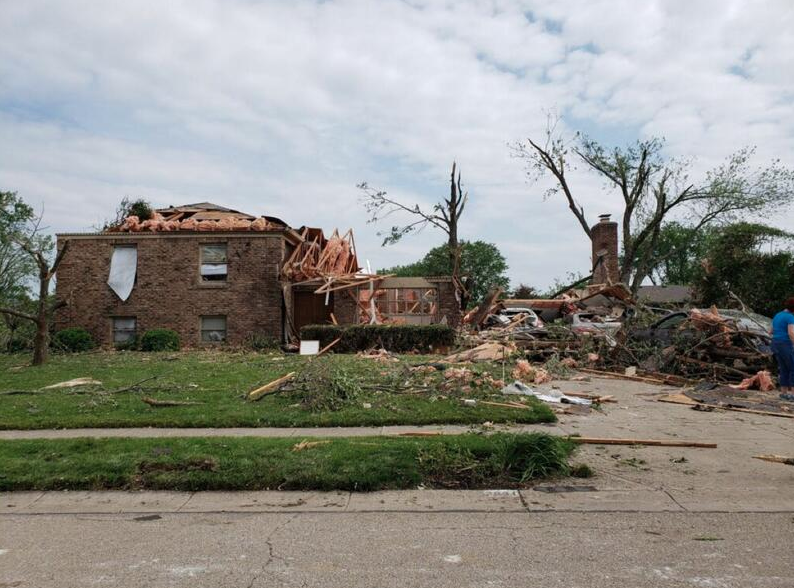GREAT QUESTION OH GREAT ADMINISTRATOR so after sleeping on it... zzzzzzzzzzzzzzzz... here is my response:
To understand how much sleep YOU need, we first should appreciate: What is the architecture behind sleep?
Sleep is divided into 2 categories, each of which is associated with distinct patterns of central nervous system (CNS) activity:
• REM sleep – This is characterized by muscle atony, episodic REMs, and low-amplitude fast waves on electroencephalography (EEG); dreaming occurs mainly during REM sleep
• Non-REM sleep – This is further subdivided into 4 progressive categories, termed stages 1-4 sleep; the arousal threshold rises with each stage, and stage 4 (delta), characterized by high-amplitude slow waves, is the sleep state from which arousal is most difficult
Sleep architecture follows a pattern of alternating REM (rapid eye movement) and Non-REM (non-rapid eye movement) sleep throughout a typical night in a cycle that repeats itself about every 90 minutes. That 90-minute cycle is fairly stable throughout the night; however, it is the ratio of Non-REM to REM sleep that is vital. Non-REM sleep normally dominates sleep cycles in the early part of the night. And as the clock moves toward daybreak, REM sleep muscles move in. This is significant, because research is most consistent that non-REM sleep is deeper and therefore, more restorative than lighter, dream-infused REM sleep.
A shift from Non-REM to more REM sleep happens as the night progresses. AND due to effects of circadian rhythm, if you hit the sack very late at night, you will tilt more toward less restorative REM sleep. So the reduction in deep, restorative sleep may leave you groggy and blunt-minded the next day. For this reason, there is a mantra that: Every hour of sleep before midnight is worth two after midnight.
Okay here is the Science behind this process: People can skip reading this section and not loose sleep over the fact of understanding the importance of sleep.
Disturbances in the pattern and periodicity of REM and Non-REM sleep are often found when people admit to experiencing sleep disorders. Sleep-wake cycles are governed by a complex group of biologic processes that serve as internal clocks. The suprachiasmatic nucleus, located in the hypothalamus, is thought to be the body’s anatomic timekeeper, responsible for the release of melatonin on a 25-hour cycle. The pineal gland secretes less melatonin when exposed to bright light; therefore, the level of this chemical is lowest during the daytime hours of wakefulness. Multiple neurotransmitters are thought to play a role in sleep. These include serotonin from the dorsal raphe nucleus, norepinephrine contained in neurons with cell bodies in the locus ceruleus, and acetylcholine from the pontine reticular formation. Dopamine, on the other hand, is associated with wakefulness.
So is THE ARNOLD correct:
Sleep needs can vary from person to person. It is a “general” recommendation that healthy adults get an average of 7 to 9 hours of sleep per night. HOWEVER, (and this is where THE ARNOLD gets the nod) if you look at supportive studies, there are none that validate this 7-9 hour rule. In fact, a study out of UCSD paints a different story. This study instead supports that the secret to a long life lies in getting just enough sleep, which ends up being about 6.5 hours per night. https://www.ncbi.nlm.nih.gov/pmc/articles/PMC3010336/
The study looks at 1.1 million people’s sleep patterns over the course of 6 years, tracking the amount of sleep each subject averaged alongside their longevity. Its major finding: Sleeping as little as 5 hours per night can be better for you than sleeping 8. In analyzing life expectancy from the data demonstrates that 5 hours per night is better for longevity and long-term performance.
Once YOU decide how much time you need to sleep here are How To Sleep – TIps that for better quality sleep.
Follow a sleep schedule. Try to go to sleep at the same time every night. Having a bedtime routine trains your body to immediately rest as it approaches the designated time of sleep.
“Winding down is helpful” as our brains remain active when going to bed if exposed to too many stimuli. Getting into a more relaxed state can help you drift into deep sleep. If my Science lecture above did not do it than just email me an I will send you some of my prior medical school lectures… Guaranteed to lull you to sleep!
Avoid naps – If you want to sleep better at night, make it a point to skip naps during the day. After age 5, naps are no longer necessary].
White noise – If your sleep is constantly interrupted by loud music (especially REM – pun intended) or barking dog, drown them all out with white noise.
 sections, the changes catch me out.
sections, the changes catch me out.

